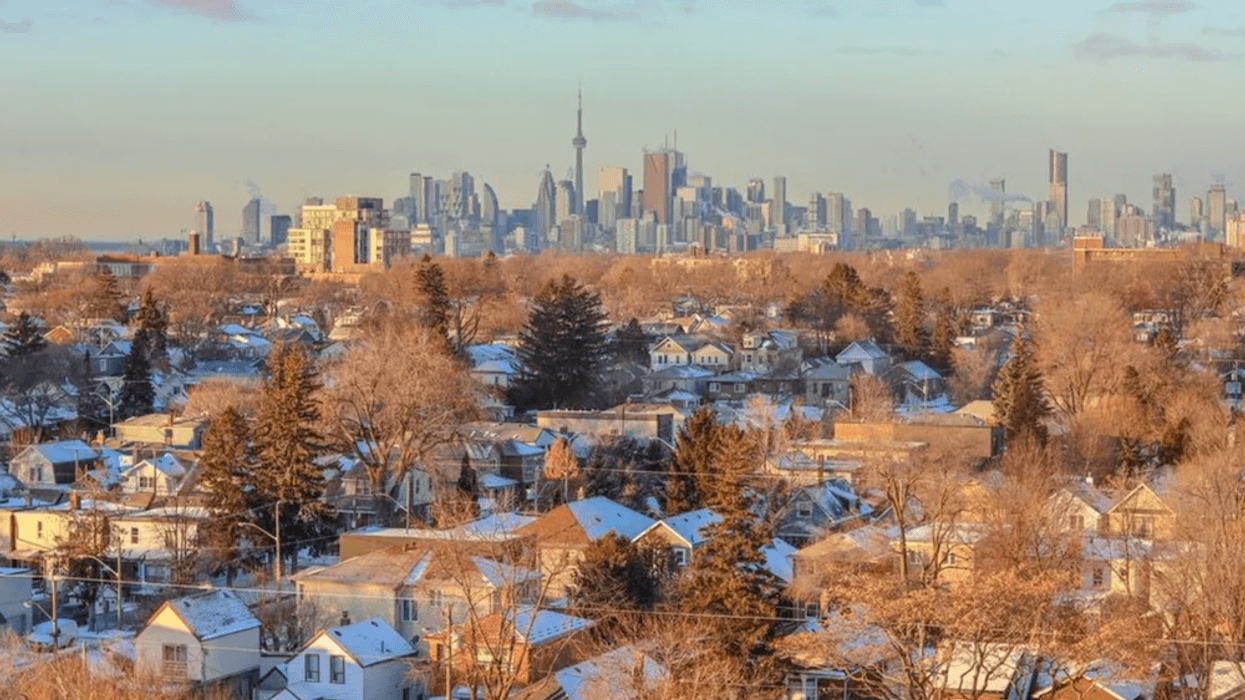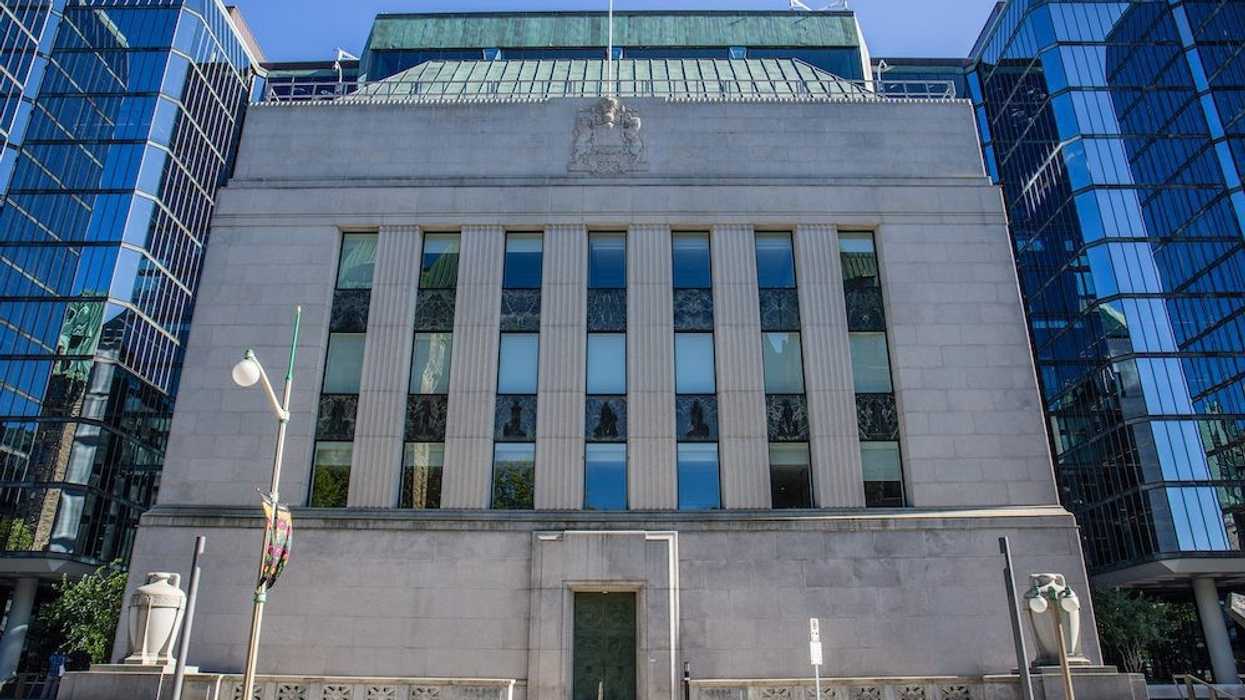Utilities
Understand utilities in Canadian real estate, including which services are essential, who pays for them, and how they affect monthly home costs.

May 22, 2025
What are Utilities?
Utilities refer to the essential services required to operate a property, including water, gas, electricity, heating, and sometimes telecommunications or internet access.
Why Do Utilities Matter in Real Estate
In Canadian real estate, utilities are part of the ongoing homeownership or tenancy costs. These services must be connected, paid for, and maintained by either the property owner or tenant, depending on the lease or agreement.
Typical utilities include:
- Hydro (electricity)
- Natural gas or oil (heating)
- Water and sewer
- Waste collection and recycling
- Internet, phone, and cable (optional)
Buyers and renters should budget for monthly utility bills and inquire whether the property is separately metered or part of a shared system. In condos, some utilities may be included in condo fees. Utility costs vary by location, home size, efficiency, and energy source.
During a sale or move-in, utilities must be transferred or activated to ensure service continuity. Delays can result in inconvenience, fines, or reconnection fees.
Understanding utilities helps homeowners and tenants plan for regular expenses and ensure safe, comfortable living conditions.
Example of Utilities in Action
A tenant pays their landlord $1,800/month plus utilities, covering hydro, heating, and water, which average $280/month depending on season and usage.
Key Takeaways
- Essential services for home operation.
- Includes hydro, water, heat, and internet.
- Costs vary by location and usage.
- May be included in rent or condo fees.
- Must be transferred or activated at move-in.
Related Terms
- Homeownership Costs
- Condo Fees
- Tenancy Agreement
- Energy Efficiency
- Utility Hookup


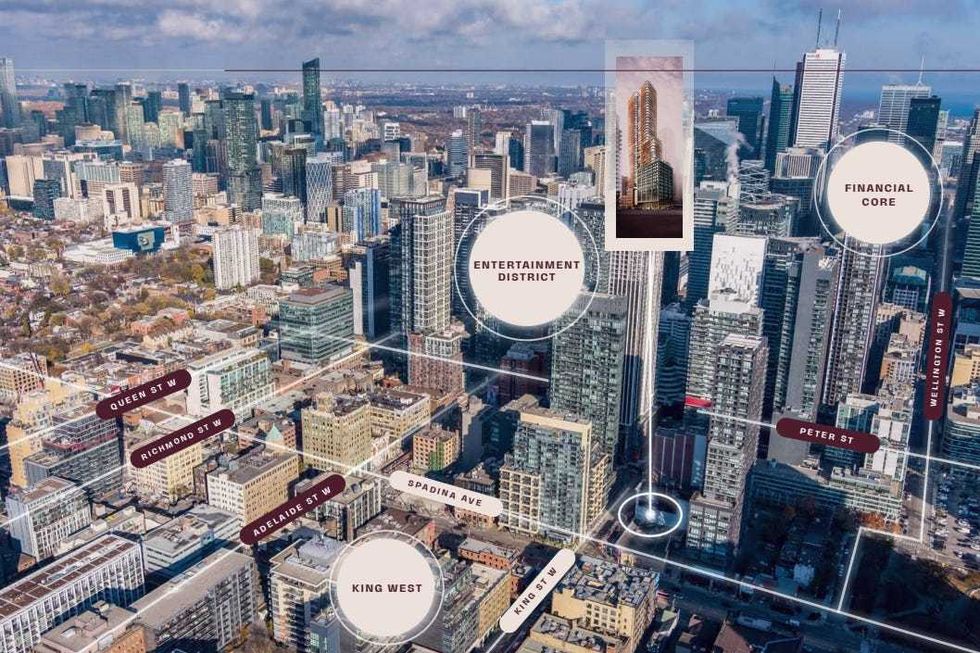 401-415 King Street West. (JLL)
401-415 King Street West. (JLL)

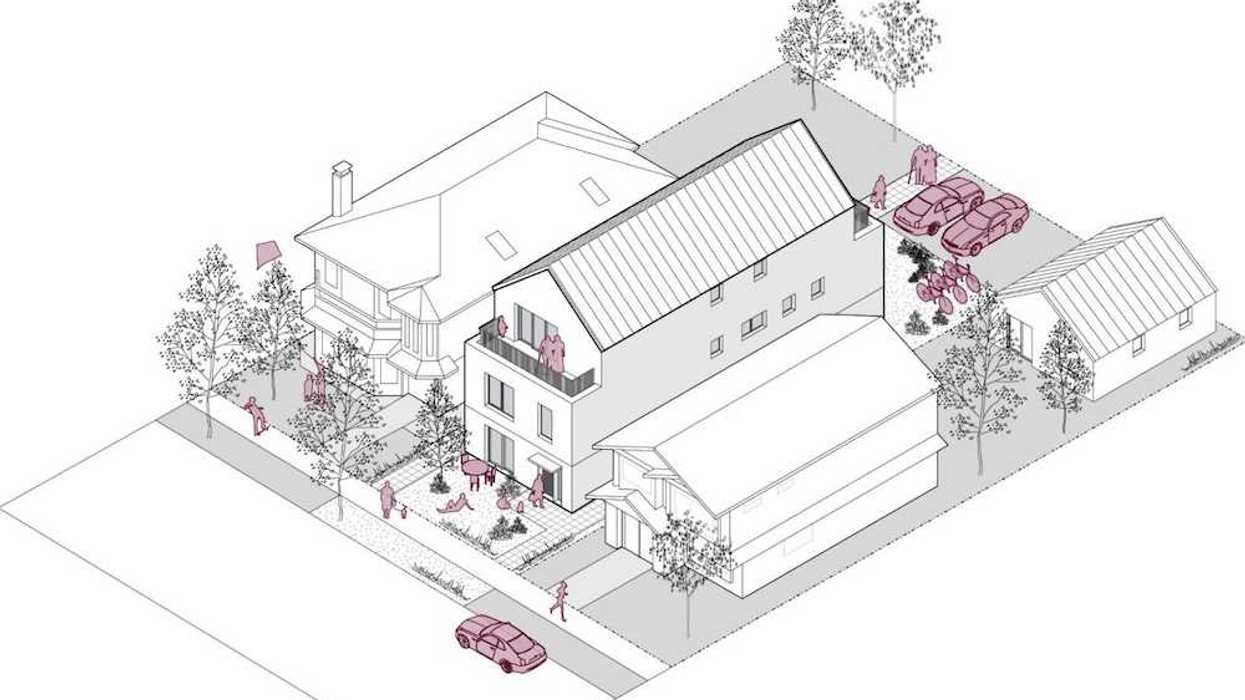




 Eric Lombardi at an event for Build Toronto, which is the first municipal project of Build Canada. Lombardi became chair of Build Toronto in September 2025.
Eric Lombardi at an event for Build Toronto, which is the first municipal project of Build Canada. Lombardi became chair of Build Toronto in September 2025.

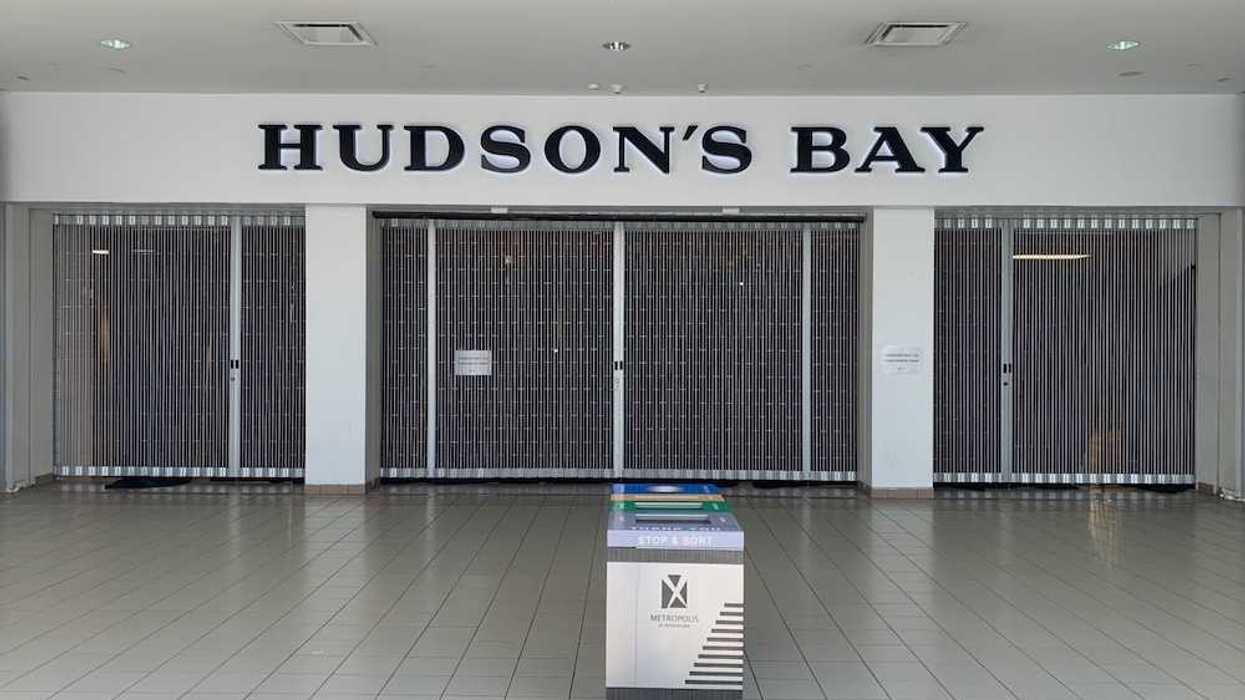
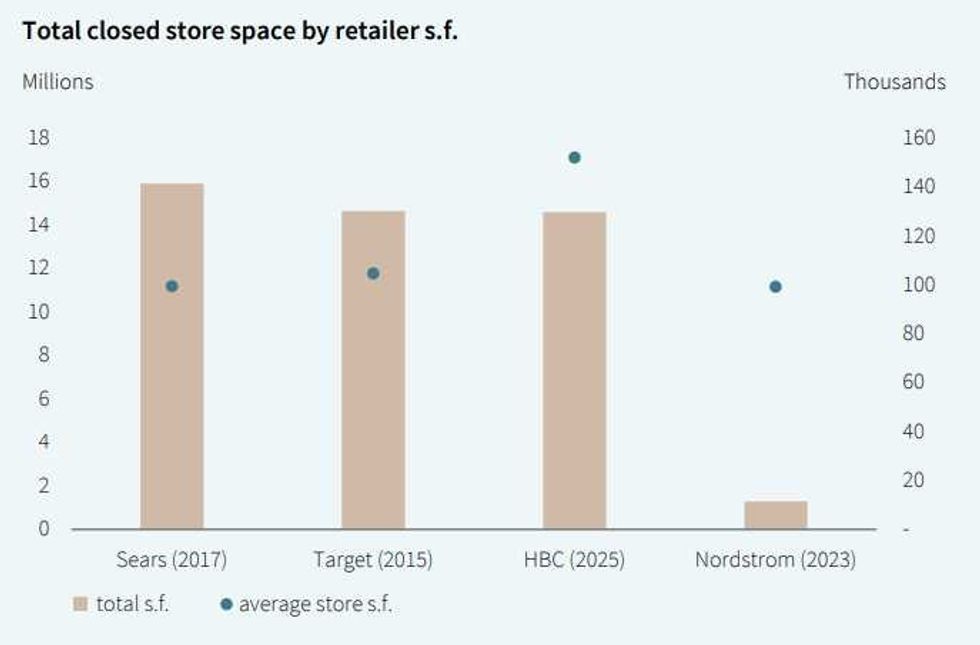 Hudson’s Bay vacated about as much space as Target did in 2015. (JLL)
Hudson’s Bay vacated about as much space as Target did in 2015. (JLL)